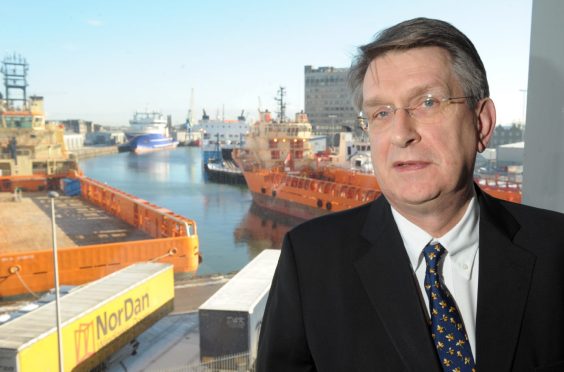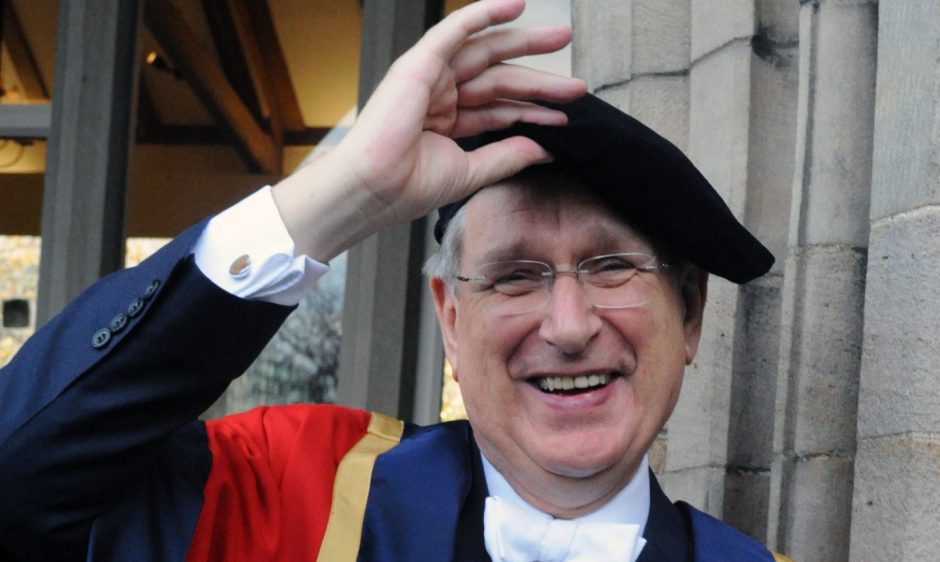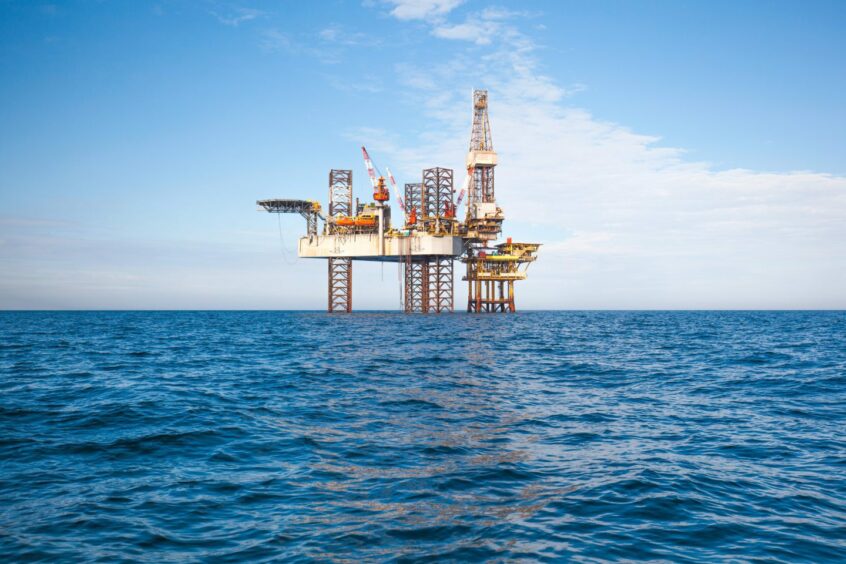The former head of Oil & Gas UK has accused politicians of “gross negligence” towards the offshore industries and their workers.
Malcolm Webb was chief executive of the influential trade association (now renamed Offshore Energies UK) from 2004 to 2015.
The expert, now aged 75, said he can now speak frankly about the crisis in UK oil and gas since stepping down from his role as Serica’s senior independent director over the summer.
He lobbed criticism at politicians over the damage its net zero energy transition policies are having.
“I was always hoping things were going to turn around, that somebody would see sense,” he said.
“I really needed to speak out. Somebody’s got to. I feel for the people and what is going to come.
“It’s a sort of tragedy of misunderstandings and miscomprehensions all over the place.
“The oil industry has been tarred with a certain brush. We’re seen as dirty and polluting and nasty.
“But the fact is, if you took oil and gas away from the world billions of people would die.
“People in this country would die of hypothermia the first winter.”
Benefits of oil and gas
The trained lawyer believes more people should be aware of the huge impact the industry has, not just on the economy and jobs, but on every aspect of our lives.
He highlights the more than £350 billion generated by production tax revenue since the 1960s.
Mr Webb said he had been “amazed” by politicians who demonstrated a worrying lack of knowledge of the industry they were steering.
“In my roles I’ve come across various MPs who for example believe oil was found in big lakes underneath the North Sea,” he added.
“How did people get in charge of this industry, or exercise authority on this industry, with such little knowledge of it?”
Imports arrive with a nasty carbon footprint
Mr Webb says the UK’s remaining oil and gas reserves will not satisfy existing demand at home. He said we will be forced to import more.
“We need to get back to MER UK, maximising economic recovery in the UK’s remaining oil and gas,” he added.
“Imports pay no tax, employ no UK people and frankly arrive with a pretty nasty carbon footprint too. Limit those by going back to MER UK.”
The government currently plans to increase windfall taxes on oil and gas profits from 75% to 78%, extend the tax until 2030 and abolish tax incentives for investment.
Mr Webb said this “vicious” taxation is bringing the industry to its knees.
He adds: “Take this silly taxation regime away. It’s worse than silly, it’s malign. A taxation system that doesn’t allow you to offset your costs against the tax you pay is confiscatory.
“There’s no point in destroying this industry and punishing the economy in this way.”
GB Energy confusion
Mr Webb doesn’t believe the new state-owned GB Energy, which is to be based in Aberdeen, will make an impact.
“Everybody seems confused about what it’s going to do,” he said.
“It seems to me it’s going to go around subsidising some renewable-type operations and push some government money here and there and bring in some private money.
“Personally I don’t think that’s going to work.”
There will be an energy transition, assures Mr Webb, but it will be delivered by new technologies or possibly nuclear.
“Frankly, I don’t see wind and solar being the technologies that are going to take over,” he continued.
“They just aren’t intense enough in their energy supply really, nor reliable enough in this climate, to take over.
“Motor transport’s overwhelmingly oil at the moment and I can’t see that being displaced in the near future. And then 90% of our homes are heated by gas.
“I think oil and gas has a future, but the tragedy is we will probably be importing it.”



Conversation